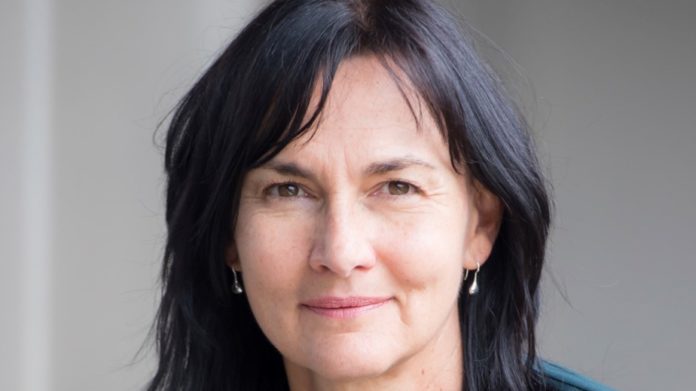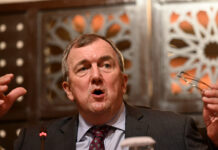
ANGLO American Platinum (Amplats) paid an interim dividend of R10,23 per share (R2.8bn) and said the market for its major platinum group metals (PGMs) would remain in deficit for the remainder of this year.
Commenting in its interim results announcement, in which earnings before interest, tax, depreciation and amortisation (EBITDA) increased to R13.1bn, compared to R12.4bn for the six months last year, Amplats CEO Natascha Viljoen said the PGM market was in good shape notwithstanding recent volatility.
The average realised basket for PGMs in dollar terms increased 56% year-on-year at $1,956/oz. However, a 15% weakening of the rand against the dollar inflated the received price further: it came in at R32,166 per PGM ounce – a lift of 80% year-on-year. As a result of higher prices, net sales revenue increased by 28% to R54.8bn, the company said.
The financial performance enabled Amplats to offset lower concentrate and refined PGM production as a result of the twin effects of the Covid-19 pandemic and technical failures at its refining facilities in Rustenburg.
PGM concentrate production, including Amplats’ joint ventures and third-party purchases, fell a quarter to 1.62 million ounces as a result of Covid-19 lockdowns. Output at the period-end was at 80% of capacity and forecast to be at 95% by year-end.
Total refined production, including tolling, declined by 46% to 1.25 million oz – a function of the explosion of its Phase A at Anglo Converter Plant (ACP) and then the subsequent failure of the Phase B unit which has since been repaired, although Amplats said it was operating the unit in cautious fashion. Intermittent stoppages to inspect the plant would be undertaken until the repairs to Phase A were completed, likely to be at year-end.
As a result of the ACP process interruptions, there was a build-up of work-in-progress inventory of around 500,000 PGM oz. It is expected that approximately 45% of this build-up in inventory will be released in the second half of 2020, the company said.
Net cash as of June 30 was R11.3bn, nearly double the R6bn of last year and laid the groundwork for the interim dividend in line with its 40% of earnings payout policy.
Shares in the company have gained more than 200% since mid-March when the Covid-19 pandemic scattered world markets. Amplats is now worth more than in February following record dividend and special dividend payouts.
Viljoen said there was “limited visibility” beyond more than few months owing to the pandemic and whilst the decline in global car and commercial vehicle sales and production, weaker sales of platinum jewellery, and softer industrial demand would be a feature of the market, platinum, palladium and rhodium would remain in deficit this year.
“The long-term fundamentals for our suite of precious metals are strong, and we will continue investing to deliver value for all our stakeholders through the cycle,” she said.
RHODIUM
Responding to questions during a conference call with media, Viljoen said R9.6bn of EBITDA had come from its rhodium and palladium production. “This demonstrates the fundamental health of the market that we are still able to generate this” despite lower production,” said Viljoen.
Rhodium alone contributed R6bn to EBITDA which Viljoen described as “a very material impact equal to 30% of revenue in the first half compared to 15% of revenue last year”. The price of rhodium closed at $8,000/oz on June 30 – some 139% higher year-on-year and after setting a record high of nearly $14,000/oz on March 10.
Metal-in-concentrate and refined production guidance for the current financial year was put at 3.1 to 3.6 million in PGM oz, a slight adjustment over the 3.3 to 3.6 million oz previously, itself down a fifth following the ACP February outages.
Amplats revised its unit cost to between R11,800 to R12,200 per PGM oz compared to a previous estimate of R10,600 to R11,000 per PGM oz. Capital expenditure was unchanged at R5.7bn to R6.5bn excluding waste stripping expenditure.










